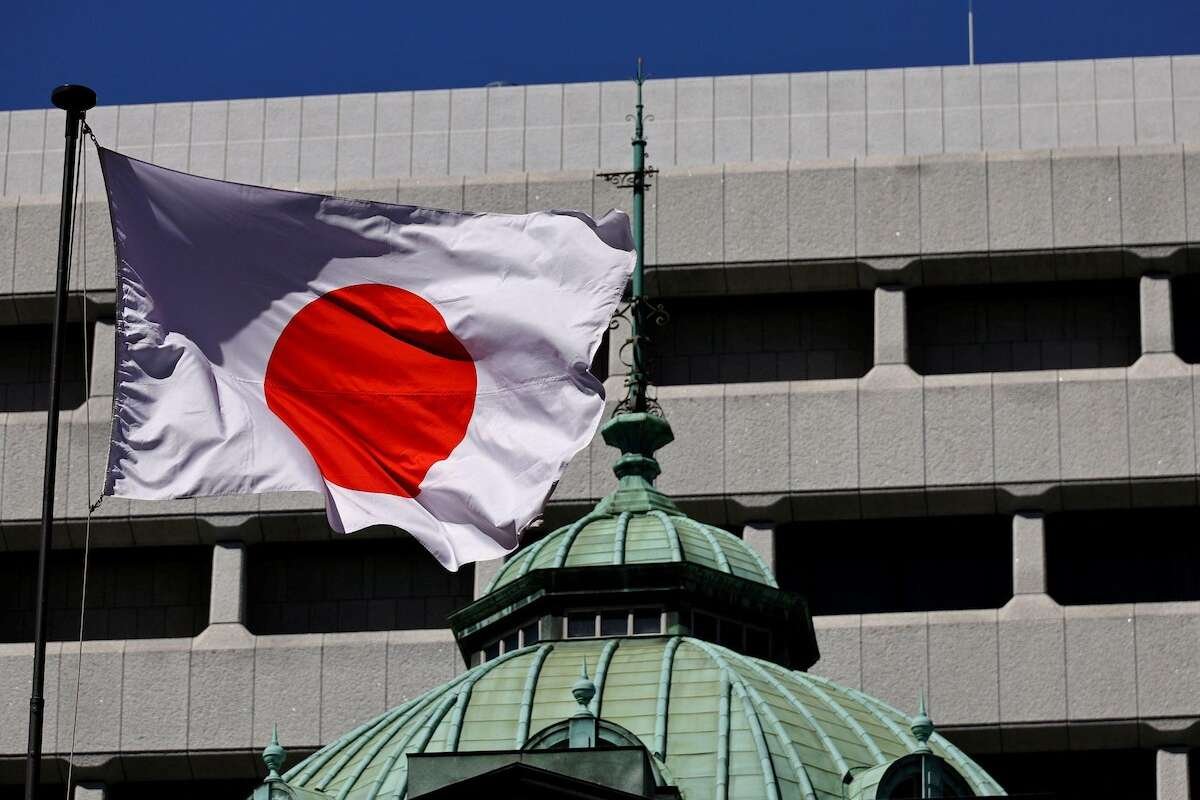Japan’s Economy Expands for the Third Consecutive Quarter
Japan’s economy maintained its growth momentum in the final quarter of 2024, marking the third consecutive quarter of expansion. The country’s gross domestic product (GDP) grew at an annualized rate of 2.8% from October to December, surpassing analysts’ expectations. The preliminary data, released by the Cabinet Office, indicated a 0.7% quarter-on-quarter increase in inflation-adjusted real GDP, well above the 0.3% rise predicted by economists polled by Reuters.
A key driver of this growth was corporate spending, which recorded a 0.5% increase compared to the previous quarter. This resilience in business investment contributed significantly to the overall economic expansion. Meanwhile, the yen strengthened by 0.3% against the US dollar, reaching ¥151.89. The data suggests that despite ongoing interest rate hikes, Japan’s economy has remained relatively stable.
Impact of Interest Rate Hikes and Inflation Trends
The GDP expansion comes amid Japan’s monetary policy shift. The Bank of Japan (BoJ) raised interest rates in January to approximately 0.5%, the highest level in 17 years, as part of its efforts to combat inflation. With inflation persisting, economists anticipate further rate increases in 2025, with the BoJ’s July meeting being considered a potential date for the next hike.
While higher interest rates typically slow down economic activity, Japan’s strong corporate spending has cushioned its impact. The GDP data reassures policymakers that the economy remains on a growth trajectory despite monetary tightening. However, experts warn that sustained inflation, particularly in food prices, could pose challenges in the coming months.
Consumer Spending and Inflationary Pressures
Private consumption, which accounts for about half of Japan’s economic output, grew by 0.1% during the quarter, defying analysts’ expectations of a decline. Consumer spending faced headwinds due to record-high rice prices and unseasonably warm weather, which dampened demand for winter clothing and food. Nevertheless, household expenditures remained resilient, helping to sustain economic growth.
The government is set to release new inflation data, with analysts at Goldman Sachs forecasting a 2.6% year-on-year increase in the core inflation index for January. Rising rice prices have notably impacted costs for processed foods and restaurant meals, further straining household budgets. Policymakers will closely monitor these trends to assess potential adjustments to monetary policy in the coming months.
Japan’s ability to sustain growth amid tightening monetary conditions underscores the resilience of its corporate sector. However, ongoing inflationary pressures and the impact of future rate hikes will determine whether this economic momentum can be maintained in 2025.









